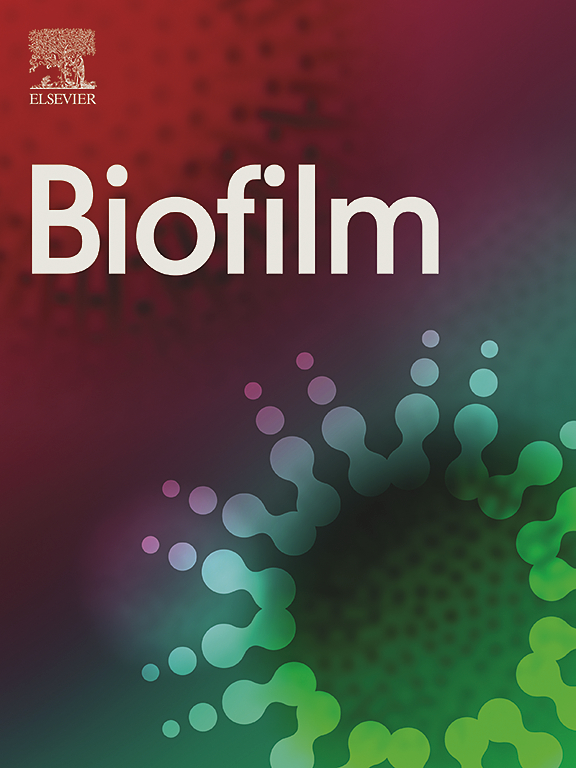NADK tetramer defective mutants affect lung cancer response to chemotherapy via controlling NADK activity
IF 6.9
2区 医学
Q1 BIOCHEMISTRY & MOLECULAR BIOLOGY
引用次数: 0
Abstract
Nicotinamide adenine dinucleotide (NAD+) kinase (NADK) phosphorylates NAD+ to generate NADP+, which plays a crucial role in maintaining NAD+/NADP+ homeostasis, cellular redox balance, and metabolism. However, how human NADK activity is regulated, and how dysregulation or mutation of NADK is linked to human diseases, such as cancers, are still not fully understood. Here, we present a cryo-EM structure of human tetrameric NADK and elaborate on the necessity of the NADK tetramer for its activity. The N-terminal region of human NADK, which does not exist in bacterial NADKs, modulates tetramer conformation, thereby regulating its activity. A methylation-deficient mutant, R45H, within the N-terminal region results in increased NADK activity and confers cancer chemotherapy resistance. Conversely, mutations in NADK identified among cancer patients alter the tetramer conformation, resulting in NADK inactivation and increasing the sensitivity of lung cancer cells to chemotherapy. Our findings partially unveil the structural basis for NADK regulation, offering insights into the cancer etiology of patients carrying NADK mutations.
NADK四聚体缺陷突变体通过控制NADK活性影响肺癌对化疗的反应
烟酰胺腺嘌呤二核苷酸(NAD+)激酶(Nicotinamide adenine dinucleotide, NADK)磷酸化NAD+生成NADP+,在维持NAD+/NADP+稳态、细胞氧化还原平衡和代谢中起着至关重要的作用。然而,人类NADK的活性是如何被调节的,以及NADK的失调或突变是如何与人类疾病(如癌症)联系在一起的,这些问题仍然没有得到充分的了解。在这里,我们展示了人类四聚体NADK的低温电镜结构,并详细说明了NADK四聚体对其活性的必要性。人类NADK的n端区域调节四聚体构象,从而调节其活性,而细菌NADK中不存在这一区域。n端区域的甲基化缺陷突变R45H导致NADK活性增加,并赋予癌症化疗耐药性。相反,在癌症患者中发现的NADK突变改变了四聚体构象,导致NADK失活,增加了肺癌细胞对化疗的敏感性。我们的研究结果部分揭示了NADK调控的结构基础,为携带NADK突变的患者的癌症病因学提供了见解。
本文章由计算机程序翻译,如有差异,请以英文原文为准。
求助全文
约1分钟内获得全文
求助全文
来源期刊

Genes & Diseases
Multiple-
CiteScore
7.30
自引率
0.00%
发文量
347
审稿时长
49 days
期刊介绍:
Genes & Diseases is an international journal for molecular and translational medicine. The journal primarily focuses on publishing investigations on the molecular bases and experimental therapeutics of human diseases. Publication formats include full length research article, review article, short communication, correspondence, perspectives, commentary, views on news, and research watch.
Aims and Scopes
Genes & Diseases publishes rigorously peer-reviewed and high quality original articles and authoritative reviews that focus on the molecular bases of human diseases. Emphasis will be placed on hypothesis-driven, mechanistic studies relevant to pathogenesis and/or experimental therapeutics of human diseases. The journal has worldwide authorship, and a broad scope in basic and translational biomedical research of molecular biology, molecular genetics, and cell biology, including but not limited to cell proliferation and apoptosis, signal transduction, stem cell biology, developmental biology, gene regulation and epigenetics, cancer biology, immunity and infection, neuroscience, disease-specific animal models, gene and cell-based therapies, and regenerative medicine.
 求助内容:
求助内容: 应助结果提醒方式:
应助结果提醒方式:


